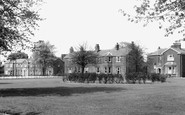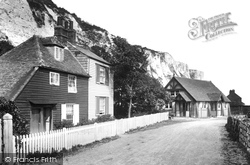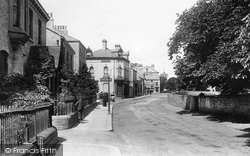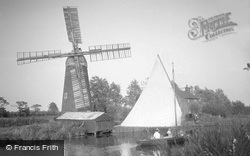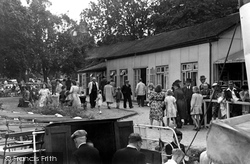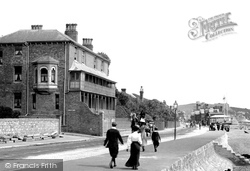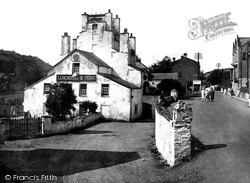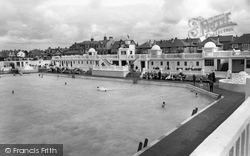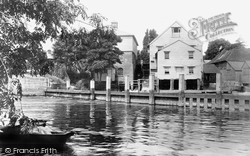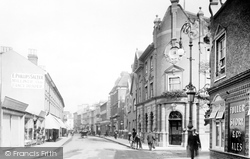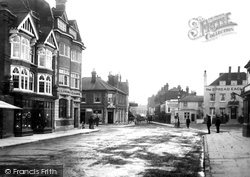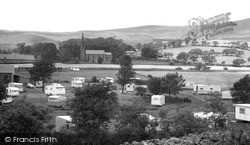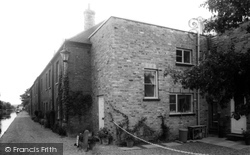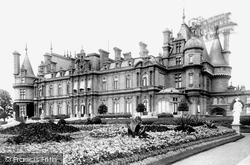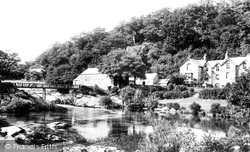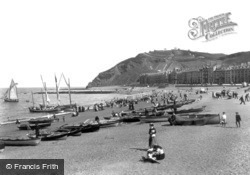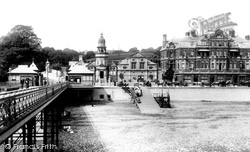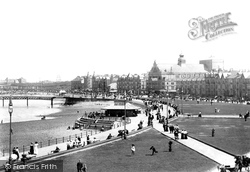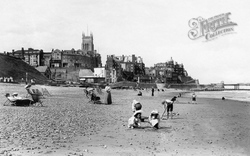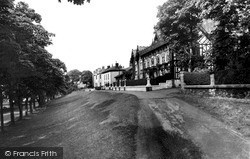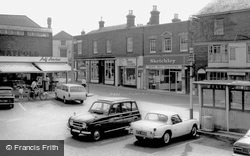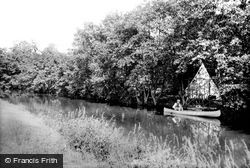Merry Christmas & Happy New Year!
Christmas Deliveries: If you placed an order on or before midday on Friday 19th December for Christmas delivery it was despatched before the Royal Mail or Parcel Force deadline and therefore should be received in time for Christmas. Orders placed after midday on Friday 19th December will be delivered in the New Year.
Please Note: Our offices and factory are now closed until Monday 5th January when we will be pleased to deal with any queries that have arisen during the holiday period.
During the holiday our Gift Cards may still be ordered for any last minute orders and will be sent automatically by email direct to your recipient - see here: Gift Cards
Places
3 places found.
Those places high-lighted have photos. All locations may have maps, books and memories.
Photos
34 photos found. Showing results 781 to 34.
Maps
31 maps found.
Books
16 books found. Showing results 937 to 16.
Memories
392 memories found. Showing results 391 to 392.
Grandma's Shop
I was born Nov 5, 1939 at 81 Star Lane, the home of my maternal grandparents, James and Anne Maria Bullock. My mother, Annie Grace Bullock, was the youngest of six children. She married my father, Henry George Hooper, in 1935 at ...Read more
A memory of Canning Town by
Highwood Hospital, Brentwood
My father (Peter Winslow) was in charge of salaries and wages for the Brentwood District group of hospitals in the early 60s and he was based at Highwood Hospital. His offices were at one time in the Limes, the building in ...Read more
A memory of Brentwood by
Captions
1,162 captions found. Showing results 937 to 960.
The popular composer Noel Coward later owned one of the small houses here.
using the Great North Road, who stopped over just long enough to sample the waters in the Pump Room before departing for more sophisticated destinations; and the citizens of Leeds who made the place popular
The family in the boat are enjoying sailing on a light breeze, and the boy on the bank is fishing, probably for tench, although eel catching is more popular.
The tea gardens prospered after the Second World War and became a popular and convenient stopping-off place for boat trips along the Thames to and from Oxford and elsewhere.
Westwards from Folkestone, and now linked to it as a suburb, Sandgate shared in the popularity of its neighbour as a seaside resort around the turn of the century.
The popular composer Noel Coward later owned one of the small houses here.
Today its is a popular establishment offering 3 real ales, food and accomodation. When this picture was taken it was rather run down, but a major refurbishment has improved it wonderfully.
It is still a popular tourist attraction - note the figures looking down on the visitors from Marten`s Tower.
New baths (the ones we see here) were built in 1931, and they proved extremely popular; the English National Championships were held here. The baths were closed and demolished in 1984.
A popular attraction during the 1950s were the annual lights along the front and in Roker Park.
The popular Complete Angler Hotel lies on the Berkshire bank and looks out across the Thames to Marlow.
The tall, hipped roof building had been the popular Brock's Café. The pub in the right foreground, on the Broadway junction, was rebuilt in the 1950s and is now Finnegan's Wake.
Once the village of Ebbisham, its immense popularity as a spa resort after the Restoration, followed by its emergence as a racing centre, brought Epsom to national prominence.
Popular Sabden attractions are Pendle Antiques Centre in Union Street and Pendle Toy and Train Museum. A favourite walk is down the valley between the rivers Calder and Ribble.
However, the owners were justified in their optimism; for the Grand Union Canal and the River Chess, although they see little commercial traffic, are popular with pleasure craft owners.
It is now an immensely popular attraction owned by the National Trust.
In the Victorian era it was very popular with anglers, and there were coaches carrying visitors from Betws-y-Coed to Bangor and Llanberis.
Aberystwyth became a popular resort for the well-to-do, who came here to bathe and socialise from the late 18th century.
Next door is the Esplanade Hotel, which from its inception proved an extremely popular watering hole that would soon become the spiritual home of the Barbarians rugby side.
The two piers were completed, and so was the promenade, complete with free shelters; there was a fun fair, and in 1890 Morecambe started an annual Music Festival, which proved very popular.
Mothers or even nannies - because Cromer was popular with titled and influential families - take time to relax in the deckchairs, while others on the left stroll along the promenade.
A popular attraction during the 1950s was the annual lights along the front and in Roker Park.
Self-service super markets have become popular, this one being The Maypole. It was at nearby Rochford Hall that Anne Boleyn spent her early years.
Though camping was already enjoyed, Baden-Powell's book 'Scouting for boys' was published in the same year, and may have increased its popularity.
Places (3)
Photos (34)
Memories (392)
Books (16)
Maps (31)



